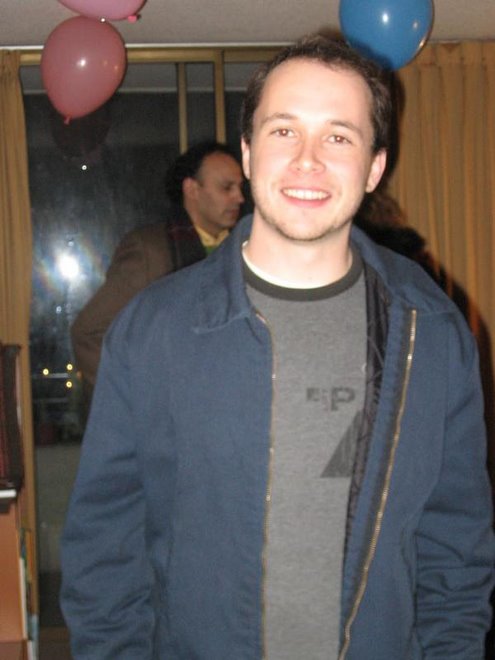 I’ve decided to continue with my blog for this summer as well, because once again I am beginning it in Santiago de Chile and planning to end it in California. After a somewhat arduous year at Princeton University, I have four months to regroup, recuperate, and collect my thoughts before returning for more in September. Concretely, I am planning to use this time to read books from the list of works that I will be tested on in my general exams next May, look around Chile for dissertation ideas, travel a bit in July (in Paraguay, Argentina, Uruguay and possibly Brazil as well), and think. So once again this blog will serve as a travelogue and also as a place to jot down my thoughts on my surroundings and then submit them to cyberspace for reactions.
I’ve decided to continue with my blog for this summer as well, because once again I am beginning it in Santiago de Chile and planning to end it in California. After a somewhat arduous year at Princeton University, I have four months to regroup, recuperate, and collect my thoughts before returning for more in September. Concretely, I am planning to use this time to read books from the list of works that I will be tested on in my general exams next May, look around Chile for dissertation ideas, travel a bit in July (in Paraguay, Argentina, Uruguay and possibly Brazil as well), and think. So once again this blog will serve as a travelogue and also as a place to jot down my thoughts on my surroundings and then submit them to cyberspace for reactions.The problem is that aside from my long (really long) flight from New York to Santiago, I’m not really planning to stray that far for the next two months. So I’m hoping to use this space in the meantime more as a place for thoughts than as a travelogue. Which brings me to my first question, one I’ve kind of been turning over in my mind these days as I’ve shuttled around Santiago with dear friends, revisiting places that are at once familiar and quite foreign: by traveling to Chile, to Santiago, am I really traveling? Or just moving from one home to another? I lived here for two and a half years, after all, and only left just over a year ago. This is a place I love (and hate); this is a place I know. And yet, even a short time away from it blurs it in my mind, placing it out of necessity on the back burner, in order to make room, and to process stimulations and situations that require more immediate attention. My intimate knowledge of Santiago is always mediated by this distance. Things that used to be routine for me, things I did day in and day out for years, are once again strange: for example, making sure you have your fruit weighed and labeled in the produce section of the grocery store rather than at the check-out counter, and looking for the ATM in the airport, even though it’s in the same place it always was. Now, when one “travels” to an “exotic place” (and Santiago de Chile could be considered exotic by the standards of most gringos like myself), one expects to encounter the unknown, the unfamiliar. And what I’ve encountered here isn’t exactly unfamiliar, but it’s not familiar either. So have I “traveled,” or have I just returned?
After all, this is Chile! The people hurry through the streets in their practically-identical dark coats, talking on their cell phones and looking intently ahead of them. I spent years doing just that. The gleaming stores, monuments to this country’s neoliberal economic achievements, under constant renovation, bringing in new goods and slashing the prices of what goes unsold, pricing it to move. All of it under the constant vigilance of security guards, looking down from their perches one floor above, protecting and enforcing the system, but also joking with each other in their high-pitched voices. The cranes along the skyline (just below the jagged line delineating mountains from Chile’s cielo azulado), building apartment complexes at alarming speeds and casting shadows upon the tin-roofed shacks down the block.
I’m afraid that I’m going to catch myself being overly critical of my beloved adopted Chile this time around, after a year of full-time training in how to spot the flaws, the dark spots of the past that neoliberalism tries to erase, as Idelber Avelar says. Chile focuses constantly on commodifying whatever’s new on the showroom floor and sweeping away last season’s goods, just as it sweeps away painful periods of its history into oblivion, to be replaced by the gleaming haze of “consensus.” Is the security guard watching for shoplifters from above analogous to the often-violent vigilance of the military regime that installed this free market “paradise”? Despite the fact that Chile is now a democracy, how much has really changed?
How much have I changed, since the last time I was here? In a way I feel like a huaso, a Chilean cowboy—sometimes a word used in Chilean slang for a clueless yokel unable to cope with “modern” things. I have moments where I have no idea what I’m doing. Other times I’m afraid that I know too much.

No comments:
Post a Comment